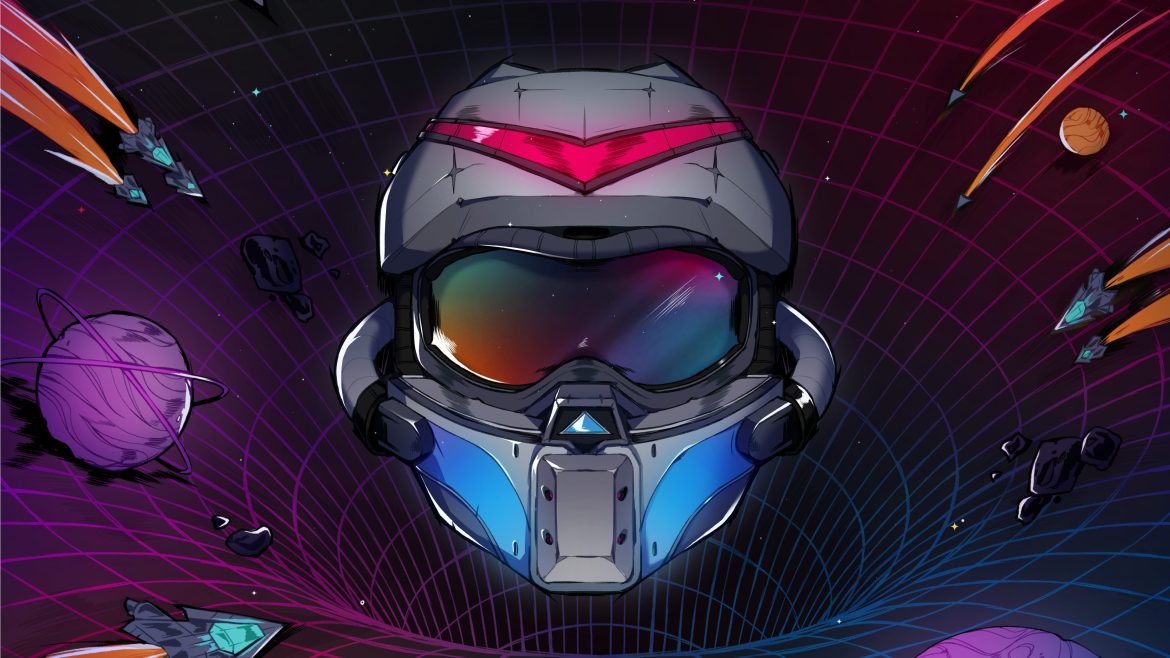TL;DR
Gravitar: Recharged breathes new life into the classic 1982 arcade shooter, challenging you to master its notoriously difficult physics-based gameplay. Pilot your ship through treacherous environments, dodging gravity, evading enemy fire, and strategically managing your fuel. Despite its demanding nature, the quick restarts and compelling "just-one-more-time" loop make it incredibly addictive. With updated graphics, a wealth of challenges, and both single-player and co-op modes, this modern take on a legendary title offers exceptional value. Discover or rediscover the thrill of Gravitar’s unique brand of space combat – dive into the full review to learn more!
The vector-based game Gravitar originated as an arcade game in 1982 and was subsequently released on the Atari 2600 the following year. My introduction to a Gravitar-like experience came much later with a game on my Atari 1040STE, which I thoroughly enjoyed. I also had the chance to play the original arcade version at a video game fair several years ago. Therefore, when a review code for Gravitar: Recharged became available, I eagerly seized the opportunity. The question remained: would the core gameplay hold up after nearly four decades?
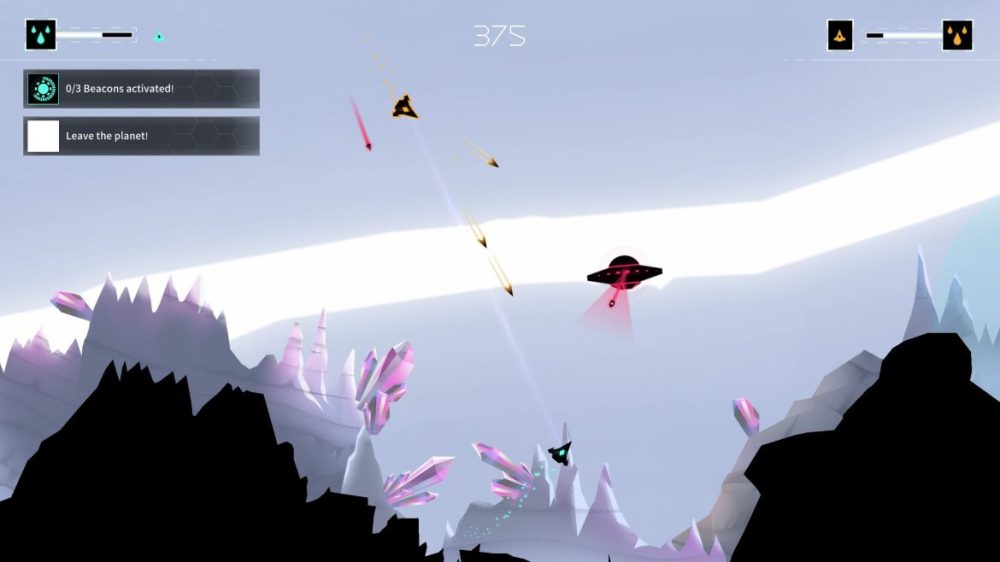
Players navigate their ship through challenging ravines and enemy installations. The objective is to destroy flying saucers, evade mines, and successfully complete each mission. Gravity poses the primary obstacle, demanding careful management of the ship’s limited fuel reserves for propulsion. The game supports both single-player and online co-op modes. Furthermore, players can undertake specific missions, which unlock new challenges upon completion.
The game mechanics are simultaneously simple and remarkably ingenious – and difficult. Players control the ship’s rotation and must utilize the thrusters to maintain altitude. Activating the thrusters provides propulsion, but precise directional control is crucial for navigation. Unlike games where movement directly corresponds to the control input, Gravitar: Recharged demands a nuanced understanding of physics. Insufficient thrust results in a crash due to gravity, while excessive thrust can lead to collisions with the environment.
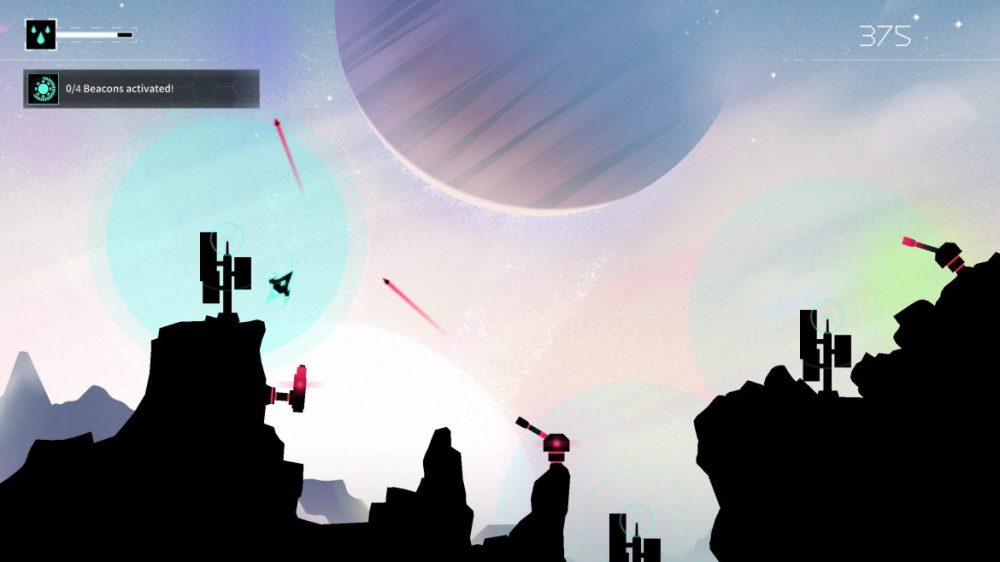
In Gravitar, accurate aiming is essential for engaging enemies while simultaneously maintaining the ship’s stability. The ship fires in bursts of three shots, followed by a brief reload period. While enemy projectiles move relatively slowly, successfully evading them amidst the complex terrain presents a considerable challenge.
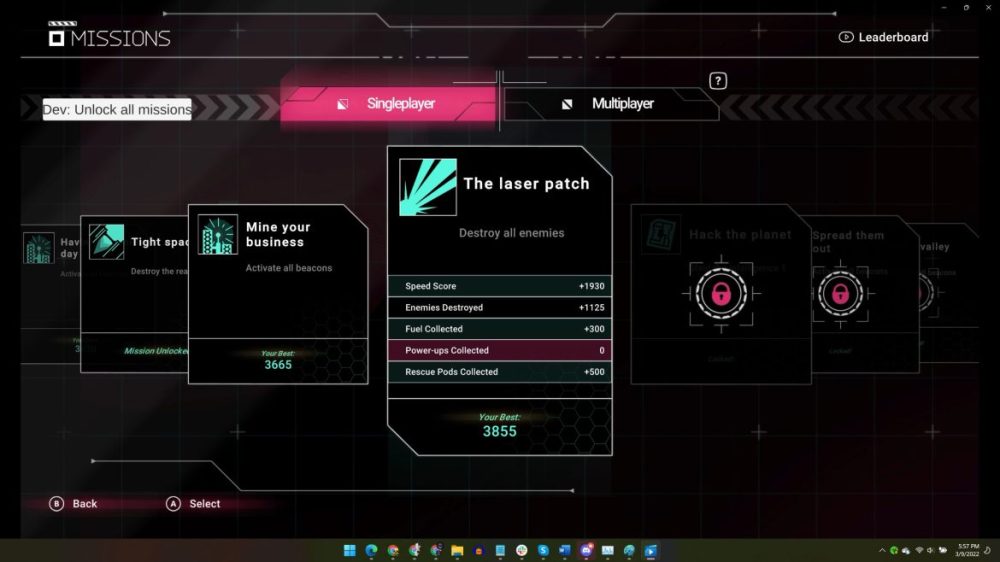
While the preceding description might imply a negative assessment, the opposite is true. This demanding gameplay is precisely what cultivates a compelling “just-one-more-time” dynamic. Players are driven to overcome the various challenges presented on different planets and asteroids. Frequent deaths are mitigated by the game’s rapid loading times, allowing for swift restarts. For those seeking a collaborative experience, online multiplayer provides an opportunity to team up with other Gravitar enthusiasts.
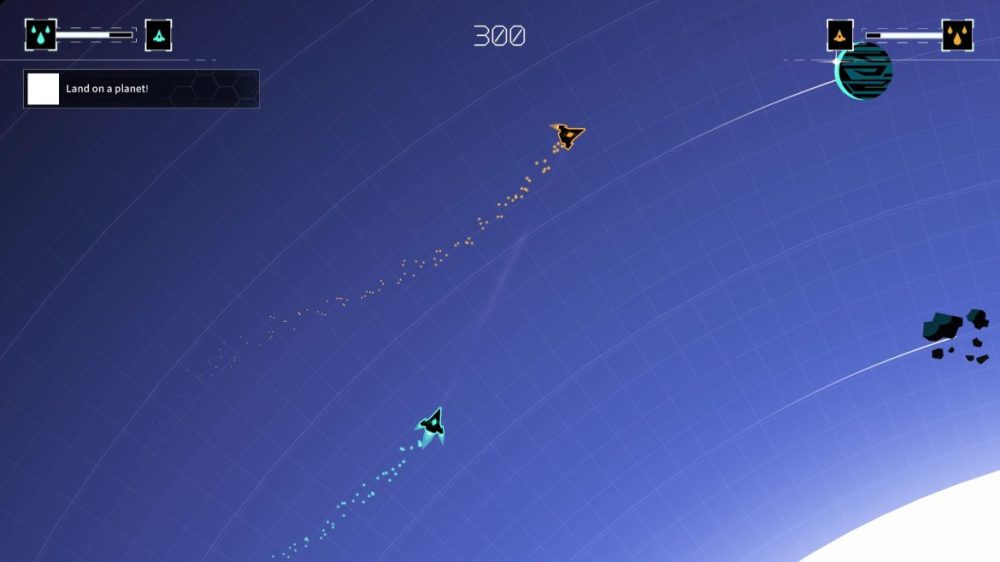
The updated graphics offer a visually appealing experience, evoking the aesthetic of the original game while incorporating modern enhancements.
In conclusion, I wholeheartedly recommend Gravitar: Recharged. It delivers a substantial amount of simple, enjoyable, and challenging gameplay for a modest price. I encourage players to seize the opportunity to rediscover the brilliance of Gravitar, or to allow Gravitar: Recharged to serve as their gateway to the perils of space and the enduring charm of classic arcade games.
Adamvisions Studios provided a review code for this game. The provision of materials does not influence our editorial assessment.
